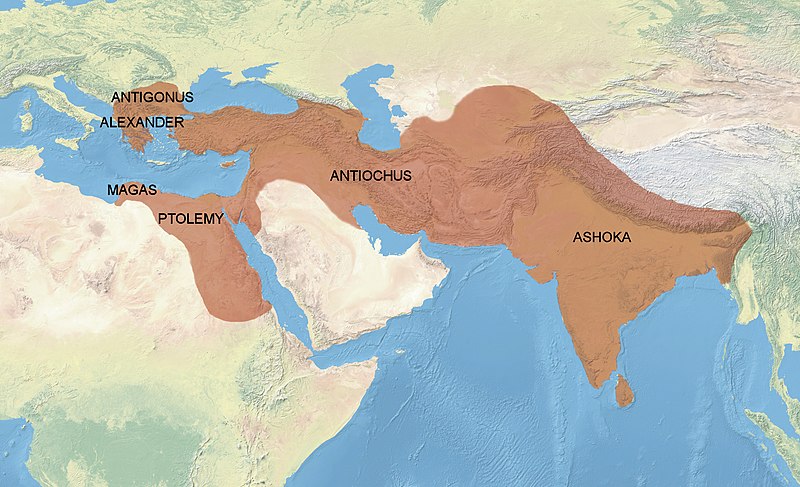is the geographical thing complete bs? i think you need to be a little more subtle.
in 1976, the democrats were probably going to do well in the northeastern & union states, but they needed a southerner on the ticket to win georgia. that year, it was the president that was the regional factor, not the vp; nonetheless, by picking mondale, carter did manage to balance the ticket. so, geography was important in 1976.
1980-1988 were landslides, so it's hard to make sense of how geography may have made a difference.
but, my recollection of 1992 was that a very important part of the calculus around picking gore was trying to hold the upper south - tennessee, kentucky. the presence of ross perot makes these analyses difficult, and it does turn out that those handful of states were not decisive, but clinton didn't know any of that when he picked gore; the clinton campaign did legitimately believe at the time that those states were key to victory, and absolutely did pick gore partly in an attempt to win them.
that was why it was ironic that gore could have won in 2000 by carrying tennessee. but, 2000 was overall more like 1976, in the sense that george w. bush had his father's name recognition in key states like florida. so, pointing to cheney and saying that geography doesn't matter is not really grasping the situation.
biden, as well, was chosen partly to help the ticket in the midwest, and there are some states like ohio that obama may have had difficulty carrying without him. but, in the end, the geographic advantage in 2008 belonged mostly to obama, who carried truly decisive states like north carolina by mobilizing black voters.
so, really, what we see over the last few decades is not that geography doesn't matter but that the successful candidates have had decisive geographic advantages of their own.
while biden may do better in some places in the midwest than clinton did, there's not any good reason at this point to think he'll actually beat trump in most of these places. what i'm getting at is that biden's geographical strengths are largely neutralized by trump. we are consequently back in a scenario where biden should be looking for a regional advantage, either by trying to excite black voters to the levels that existed in 2008 (which is an absurd premise, given the historical events of that year), by keying in specifically on hispanics (something that i strangely haven't seen discussed at all, given biden's poor numbers with hispanics) or by doubling down and taking a serious run at the midwestern white vote.
